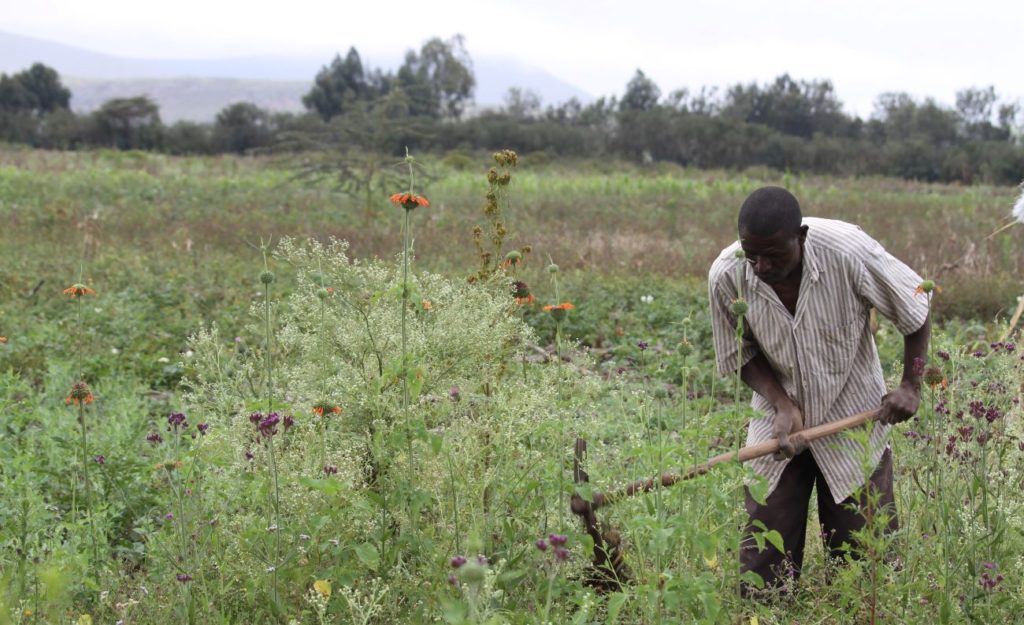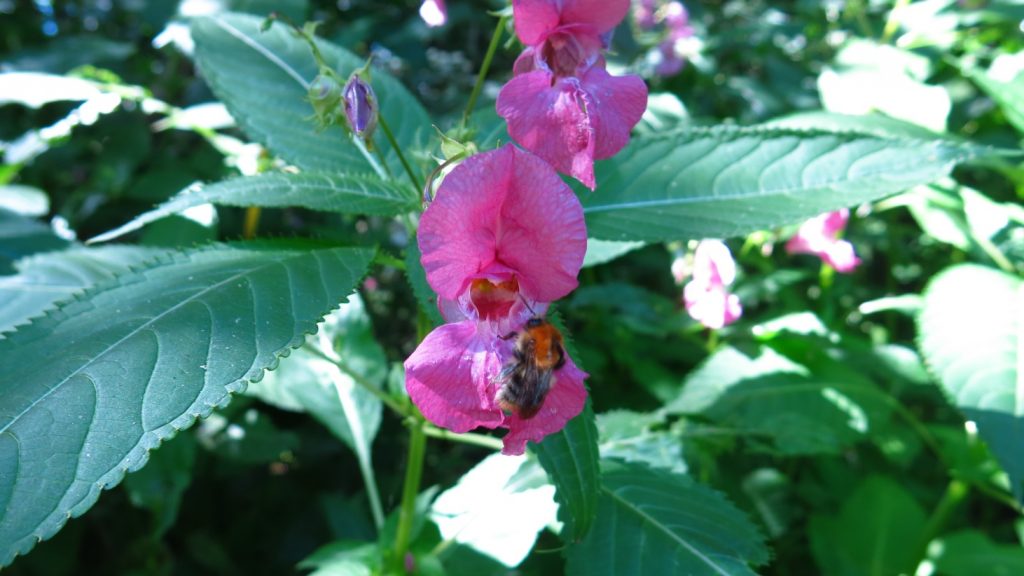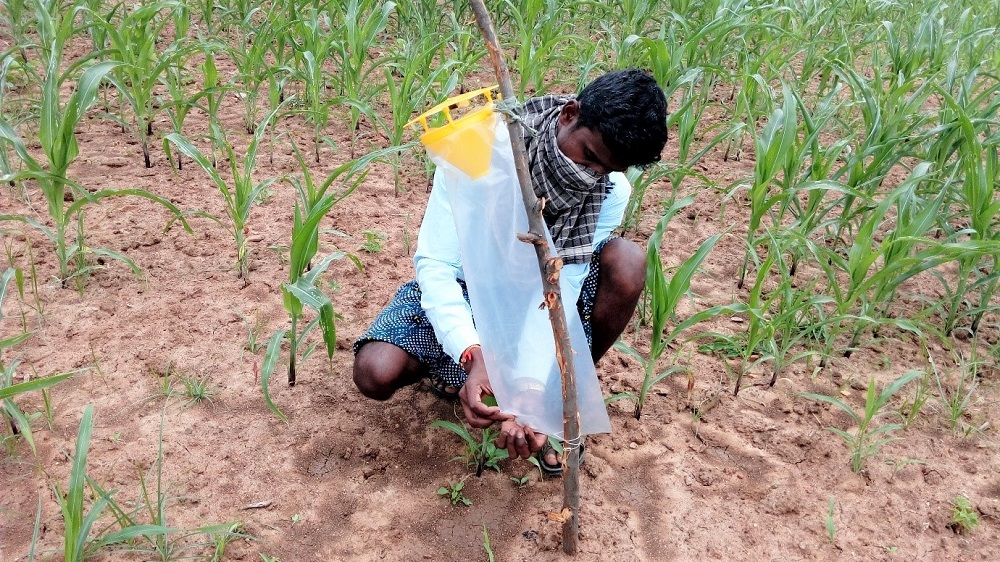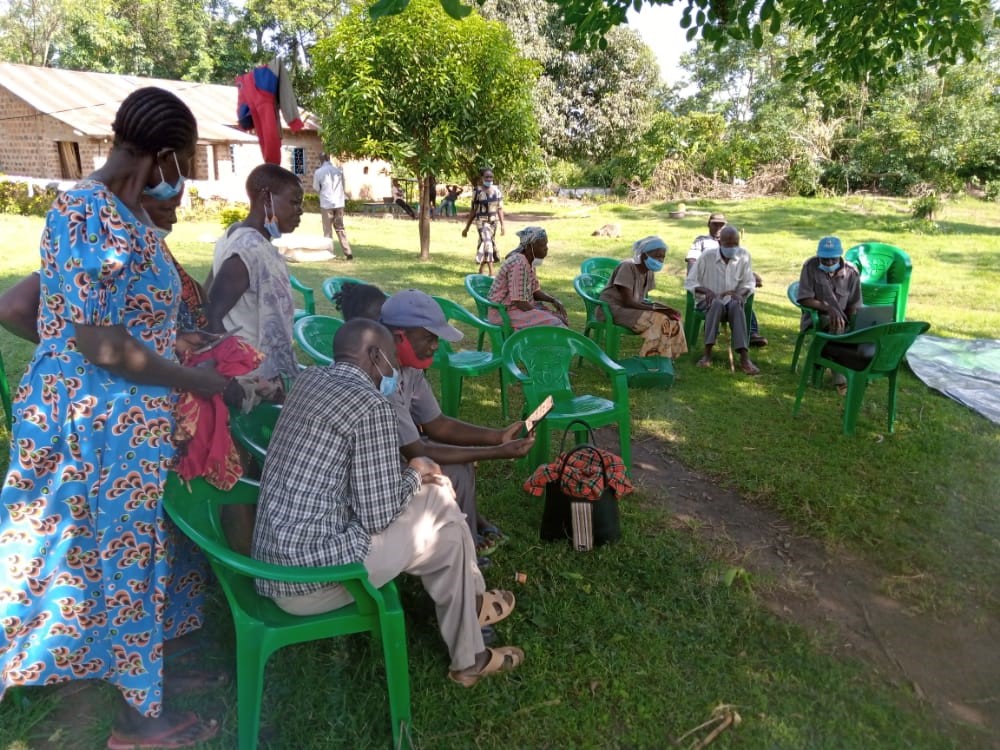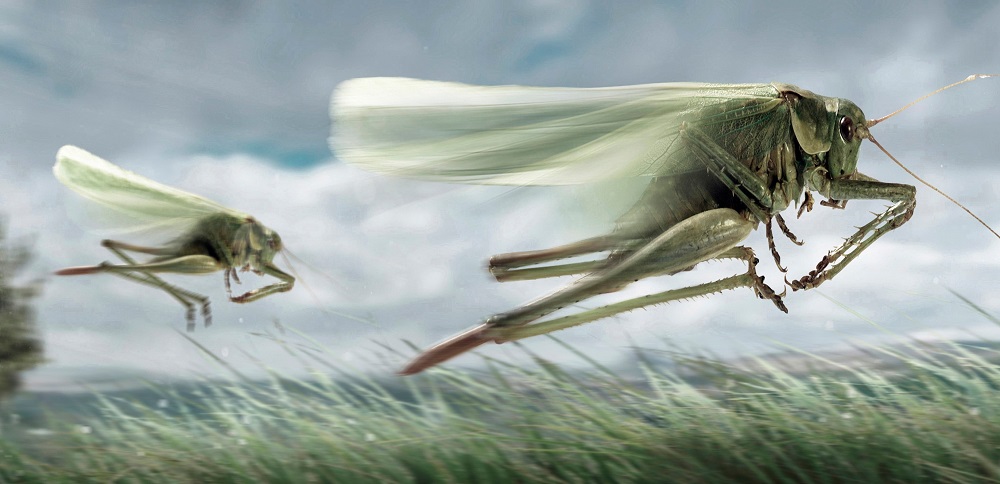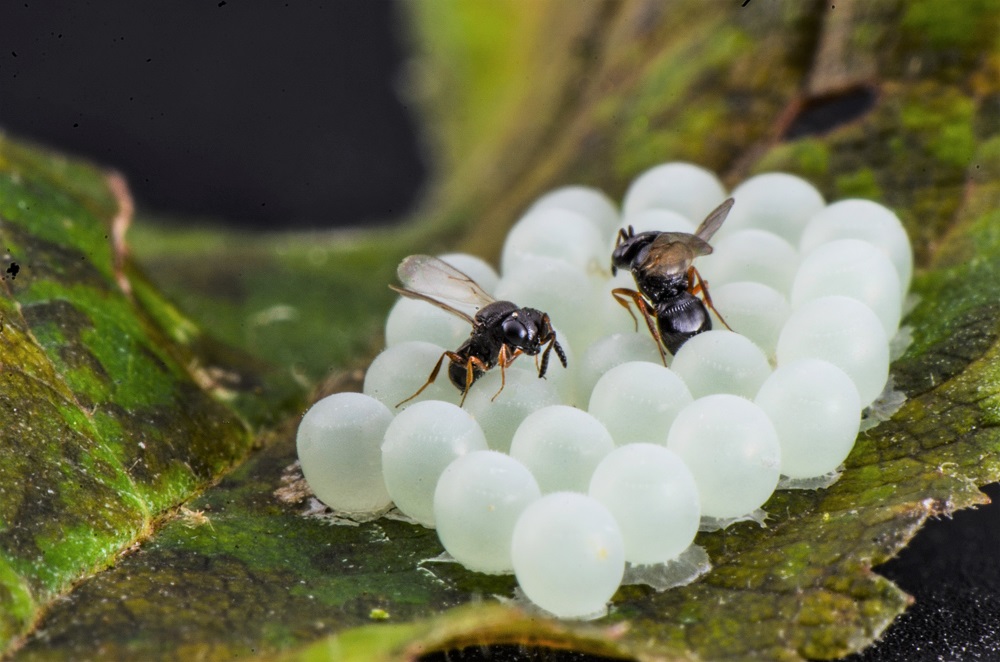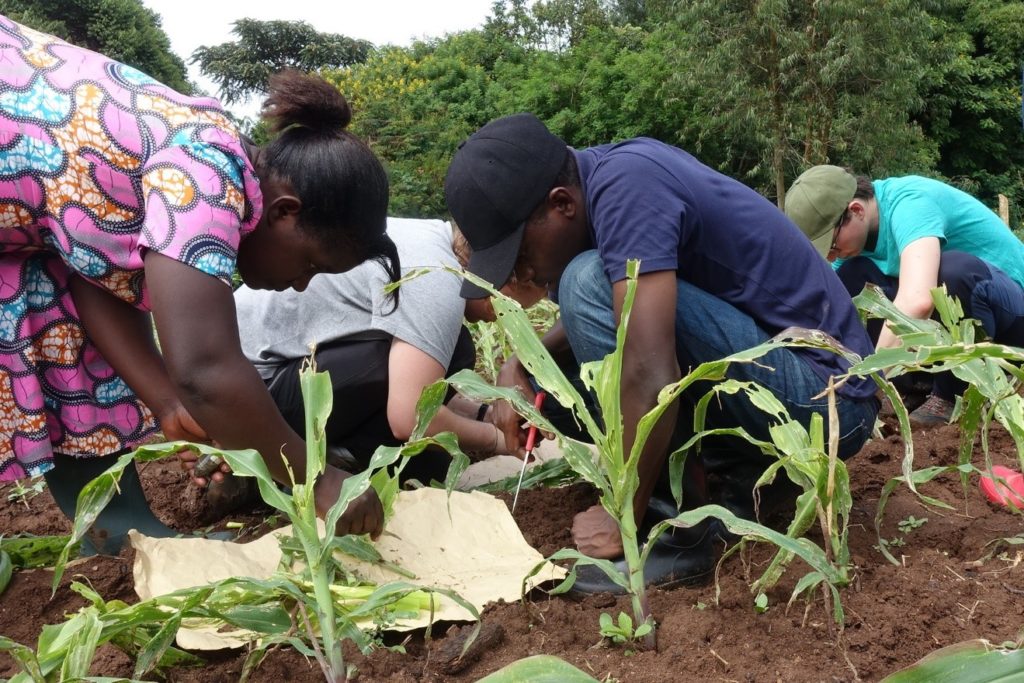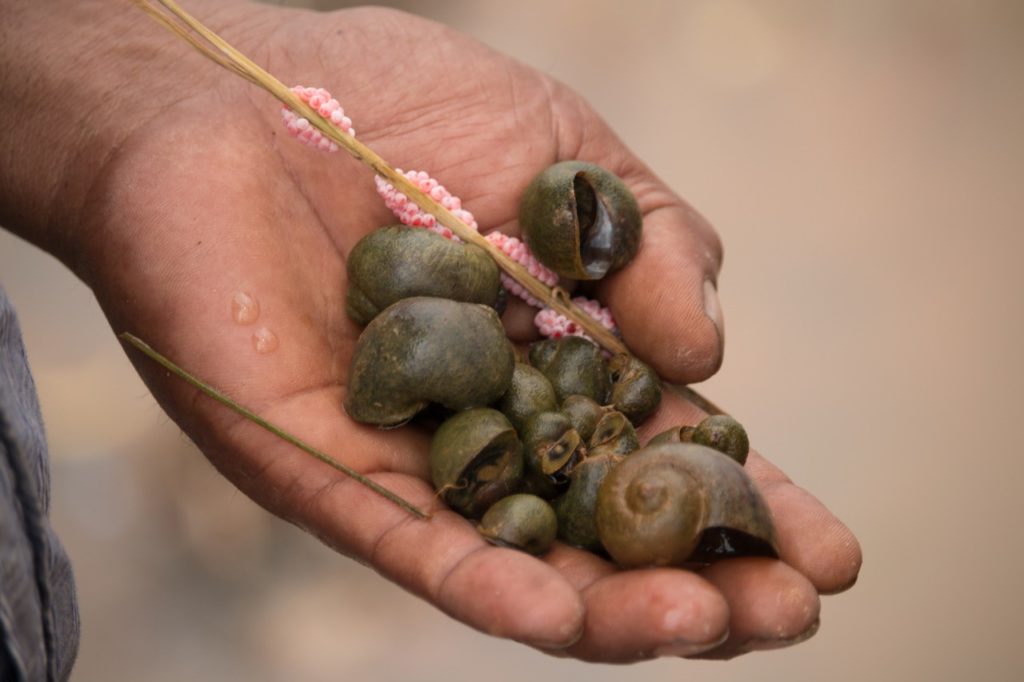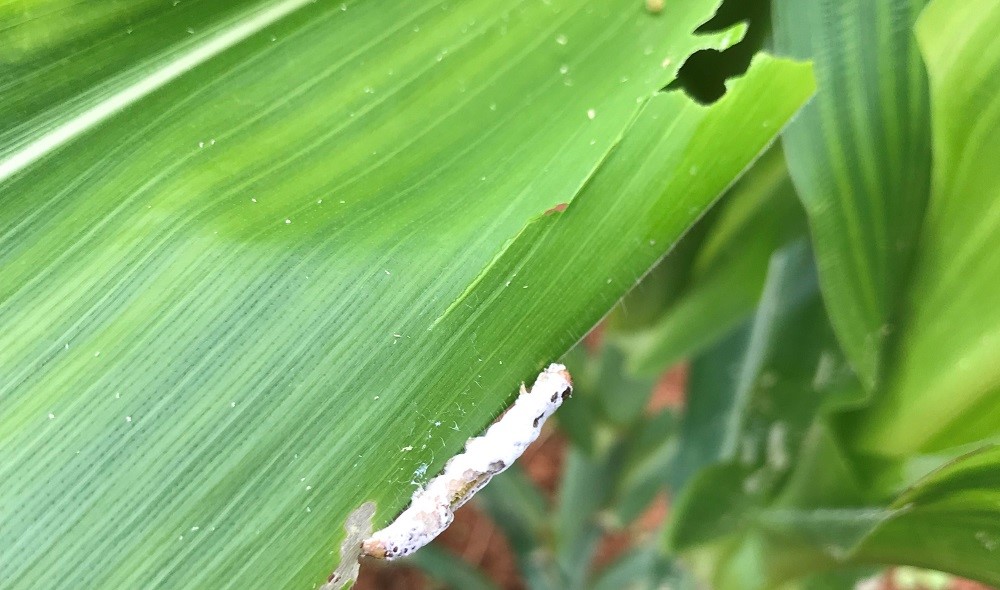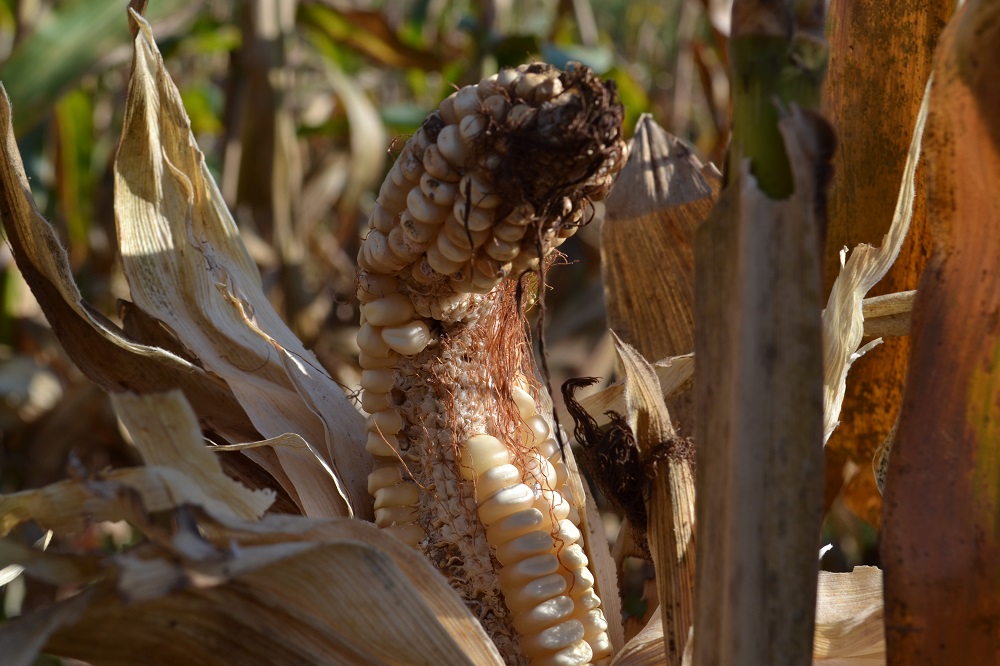Weeding Invasive Alien Species – Africa’s Economic Burden
Weeds wreak havoc, day after day, year after year. They degrade agricultural land, deplete water resources and destroy crops, as well as being alternative hosts for crop pests. Yet, while weeds do cause damage to crop yields, a newly published study reveals that the vast majority of the costs are due to weeding.
UK Invasive Species Week – how can we tackle some of the worst weeds in the UK?
Today marks the beginning of UK Invasive Species Week (24-30 May) – a week to raise awareness about the threat of invasive species in the UK and the significant negative impacts they cause to our environment, our economy and our daily lives.
On Earth Day, we take a look at the sustainable control of invasive species
Today is Earth Day – a day when people around the world show their support for environmental protection. CABI’s vision is for a world in which the agricultural sector is embedded in a healthy and climate resilient landscape with clean water and air, healthy soils and functional ecosystem services, and where biodiversity is safeguarded through…
New paper aims to clarify confusion in leaf damage rating scales for fall armyworm
A trans-regional group of researchers has sought to cast light on the numerous rating scales used for assessing leaf damage caused by the highly destructive invasive maize pest, the Fall armyworm (Spodoptera frugiperda).
CABI DNA identification confirms discovery of highly invasive apple snail in Kenya
A highly invasive apple snail (Pomacea canaliculata) has been discovered in Kenya for the first time. This is what new research published today by CABI scientists and the Kenya Plant Health Inspectorate Service (KEPHIS) confirms.

